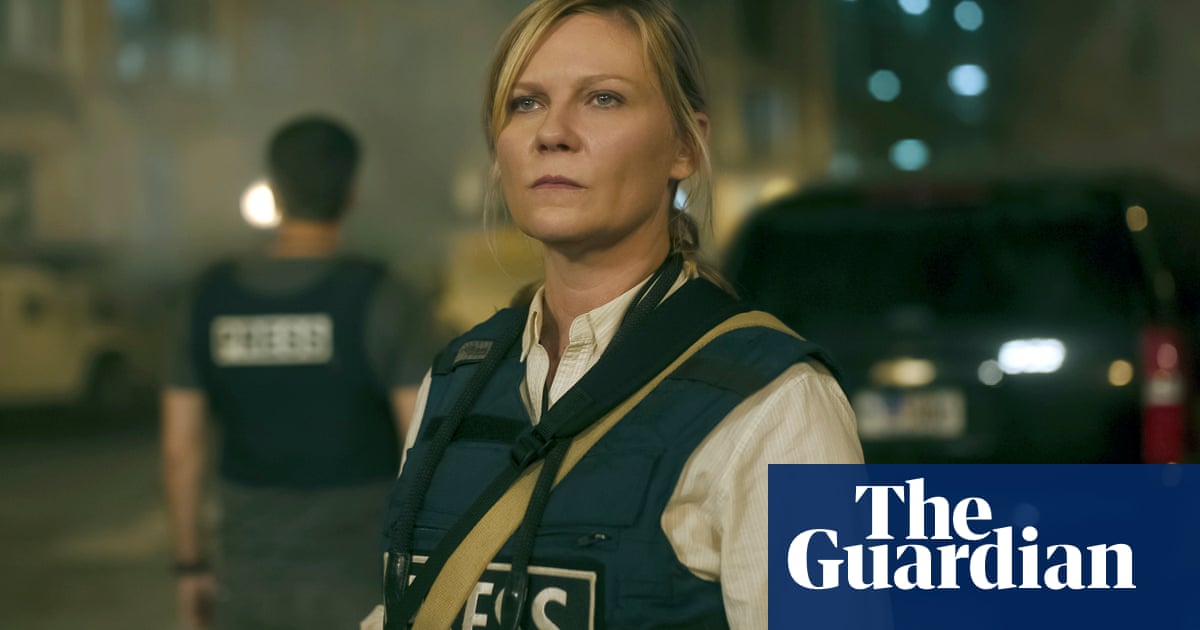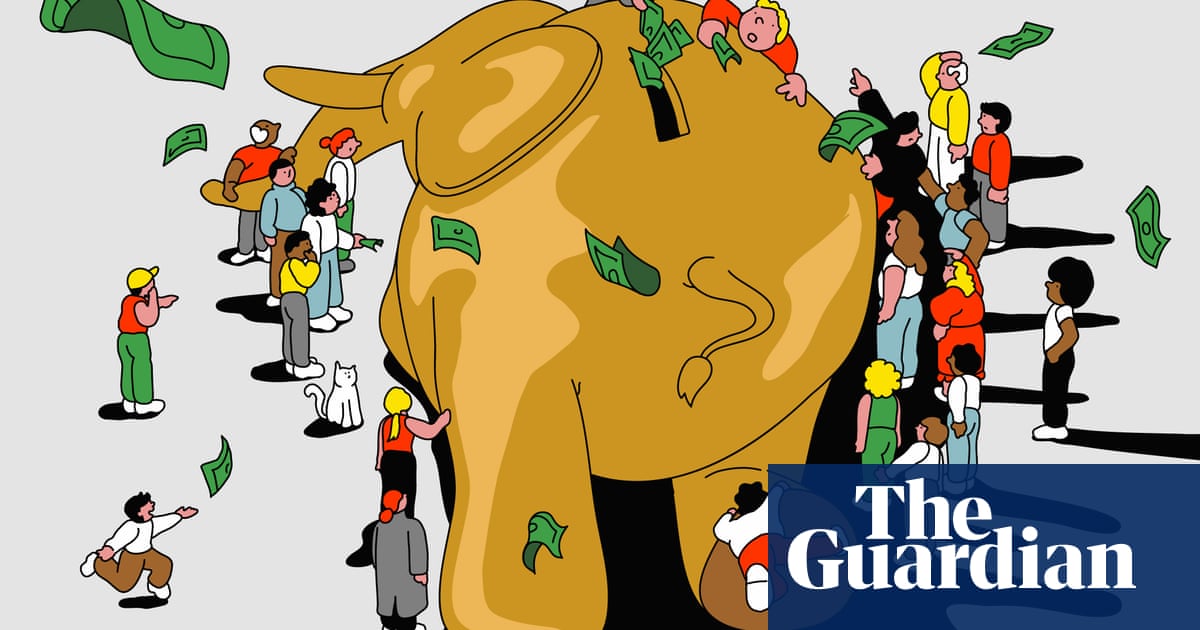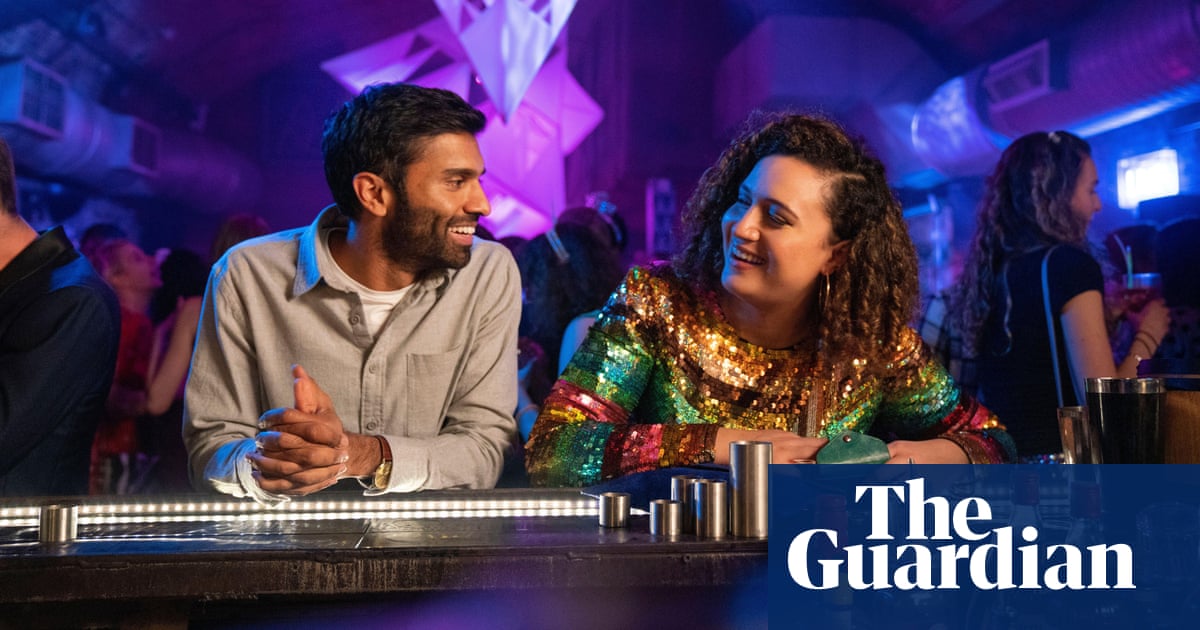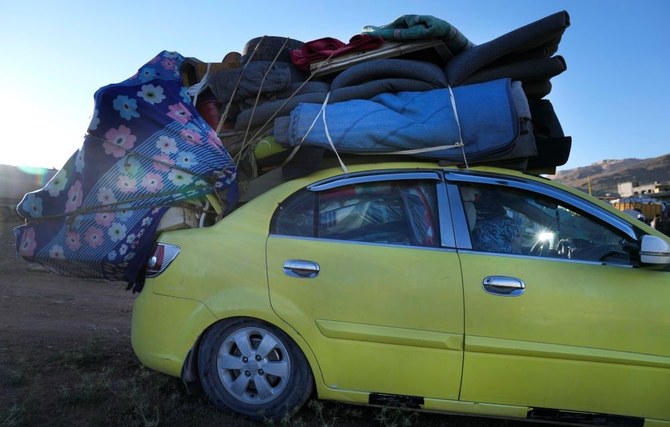
If you grew up watching film and TV, you could be forgiven for believing that journalism was a popular, vaunted career. For nearly as long as writers have written movies, they have written about their jobs, and journalism – the work of chasing tips and collecting facts and creating news – is good for plot and some moral gristle. It’s also easy shorthand for a host of character traits, particularly for women – obsessive, frazzled, ambitious, independent, intelligent, perfectionist.
Media is also a famously self-obsessed industry, and for as long as there have been journalism movies, journalists like me have quibbled about their portrayals. The stereotypes nearly write themselves. In the serious journalism picture, such as Bombshell, She Said or Spotlight: female journalists doing their jobs well, confirming liberal sensibilities of the work’s importance (and of giving most of one’s life to it). In the romcom, a workaholic striver who can’t Type A their way to happiness, à la Anne Hathaway in the Devil Wears Prada or Reese Witherspoon’s frantic news anchor in Apple TV+’s the Morning Show. Sometimes the depictions are just laughably ridiculous – Anna Chlumsky’s New York mag reporter typing at her desk while going into labor, Amy Adams’s local crime reporter sleeping with the lead detective in Sharp Objects, Kate Hudson’s groundbreaking women’s magazine column titled “How to: Bring Peace to Tajikistan” in How to Lose a Guy in 10 Days.
It’s difficult to accurately portray any career on screen, let alone one so directly tied to the immediate and highly public, and yet – journalism remains overrepresented, riddled with misrepresentations and saddled with significance. The conflicted image of the journalist in pop culture is an enduring one, with, coincidentally, three different versions on screen this spring in Alex Garland’s Civil War (the big budget big issues pic), Netflix’s Scoop (the recent history adaptation, of BBC’s infamous 2019 interview with Prince Andrew) and Max’s The Girls on the Bus (the romcom, of modern campaign journalism). All three center journalists as sympathetic, heroic protagonists; all three fall victim to classic tropes while trying to elevate an admittedly devalued, perilous profession.
Civil War, the visceral and expensive A24 thriller hitting international theaters this weekend, follows a group of freelance combat journalists, led by hard-nosed Lee (Kirsten Dunst), during a fictional internecine conflict in the near-future US. It’s working in the tradition of such films as All the President’s Men, The China Syndrome and The Insider – heroic depictions of fictional, usually male reporters and whistleblowers overcoming obstacles in the pursuit of truth. In this case, a dystopian roadtrip for an interview with the autocratic president (Nick Offerman) in DC, where journalists, we’re told, are “shot on sight”. It’s not clear why such an interview would make a difference, it’s just implied that the effort of trying is worth it, because history. (In Garland’s murky, apolitical vision, California, Texas and Florida are all on the same side.)
Civil War offers one vision of the modern journalism picture, using the reporter as the journeyman for bigger themes or concerns. Garland’s decision to center dispassionate journalists with a job to do in this studiously non-ideological conflict is a fraught one – it underscores the importance and difficulty of combat reporting, which Garland evidently respects, if draining the film of the emotional lifeblood behind the conflict necessitating it. Objectivity has long been journalism’s favorite mirage; it’s unbelievable, as a journalist, that in this group of people reporting on a war tearing apart their country, there are no sides nor bleeding hearts.
You would find those in The Girls on the Bus, Max’s new TV series focused on a group of four female political journalists, based on the New York Times reporter Amy Chozick’s memoir of Hillary Clinton’s doomed campaign. The 10-part series is, as so many journalism adaptations often are, an exercise in eye-rolling. Chozick’s 2016 recollections are updated for a fictional present in which Democratic primary voters have actual options. The four leads represent four modern journalist tropes – the legacy media reporter struggling with mandates of objectivity (Melissa Benoist), the hardbitten veteran (Carla Gugino), the gen Z influencer (Natasha Behnam) and the Fox News upstart (Christina Elmore) – with all the broad strokes that entails. TV’s version of a leftist social media influencer is as cringey as you’d expect; Elmore’s character, who is Black, is made more sympathetic by dealing with workplace racism.
In the grand tradition of journalism on screen, Benoist’s Sadie is romantically involved with a source, though escapes malpractice on a technicality (they slept together when he was between jobs!). In the grand tradition of workplace dramedies, characters’ competing ambitions and ideas about their jobs form the backbone of the series, which is as entertaining as it is contrived. The show, co-developed by Chozick and The Vampire Diaries’ Julie Plec, is a throwback to the type of unabashedly corny, emotions-driven 40-minute series on networks such as the WB; it clumsily, but often winsomely, combines references to Chuck Todd, Timothy Crouse and “scheds” with romance, bold-faced themes and voiceovers explaining that “to be a journalist is to have a calling – you don’t choose it, it chooses you”. Its journalists are, like many, self-serious career women, but the show itself is not so high-minded to be above soap, fluff and heart.
That’s in contrast to Scoop, written by Peter Moffat and directed by Philip Martin, which is a member of arguably the most vaunted, if less commercially successful, genre of journalism pictures these days: the adaptation of the real report, the prestige journalism treatment that tries to enshrine recent history through recognizable figures and accomplishments. In focusing on Jeffrey Epstein’s crimes and the women at the BBC who organized the prince’s disastrous interview about him, it’s also a member of the mini-genre of so-called #MeToo movies, such as Bombshell, the superfluous film dramatizing female Fox News anchors overturning Roger Ailes and sanitizing their politics in the process, or the even more superfluous TV version in Showtime’s The Loudest Voice. Or She Said, the dutiful if limited portrayal of the Weinstein investigation by New York Times reporters Megan Twohey and Jodi Kantor. These depictions are layer cakes of signifiers and mimicry – how well famous actors can impersonate famous faces, how slickly one can telegraph procedure, purpose and legacy.
Like She Said, Scoop is a box-ticking exercise of baldly stated self-importance. “We put the time in, get the stories other shows won’t. Stories that need to be told. What people care about. Hold the powerful to account and give victims a voice,” say Romola Garai’s editor after the interview leads to Andrew’s resignation from royal duties, though in this film heavy on recreation, Andrew’s public humiliation seems just as much a feat of his own stupidity as journalistic rigor. I have no argument against the serious importance of talent bookers like Sam McAlister (Billie Piper), of deeply prepared and unflappable interviewers like Emily Maitlis (Gillian Anderson) or stoic decision makers like Esme Wren (Garai); I do wonder if it can carry a 90-minute film, one that only nominally nods at Epstein’s actual victims.
Still, if there is a throughline to these projects so distinct in tone and audience aim, it’s just that: taking this work seriously. Viewing journalism as meaningful, evolving and human, at a time when it’s increasingly lost in the post-truth void and dwindling as a career, even on-screen. There’s an edge of career doom across the board – no one trusts Sadie’s mainstream New York paper in The Girls on the Bus; Scoop opens with the announcement of massive (real) cuts at the BBC. Even Netflix’s Players, the most recent frothy romcom in which a female journalist’s ambition ensnarls her love life, includes layoffs at a local paper in Brooklyn (which, unrealistically, still has a nice office).
Reiterating journalism’s importance, when more Americans distrust the news than not, does make a point, if not always a difference. Whether that point lands is a different matter, as it doesn’t absolve a piece of art from annoying self-righteousness or frustrating tropes, no matter how grounded in truth or sympathy. That being said, I would love to know Andie Anderson’s plan for peace in Tajikistan.












